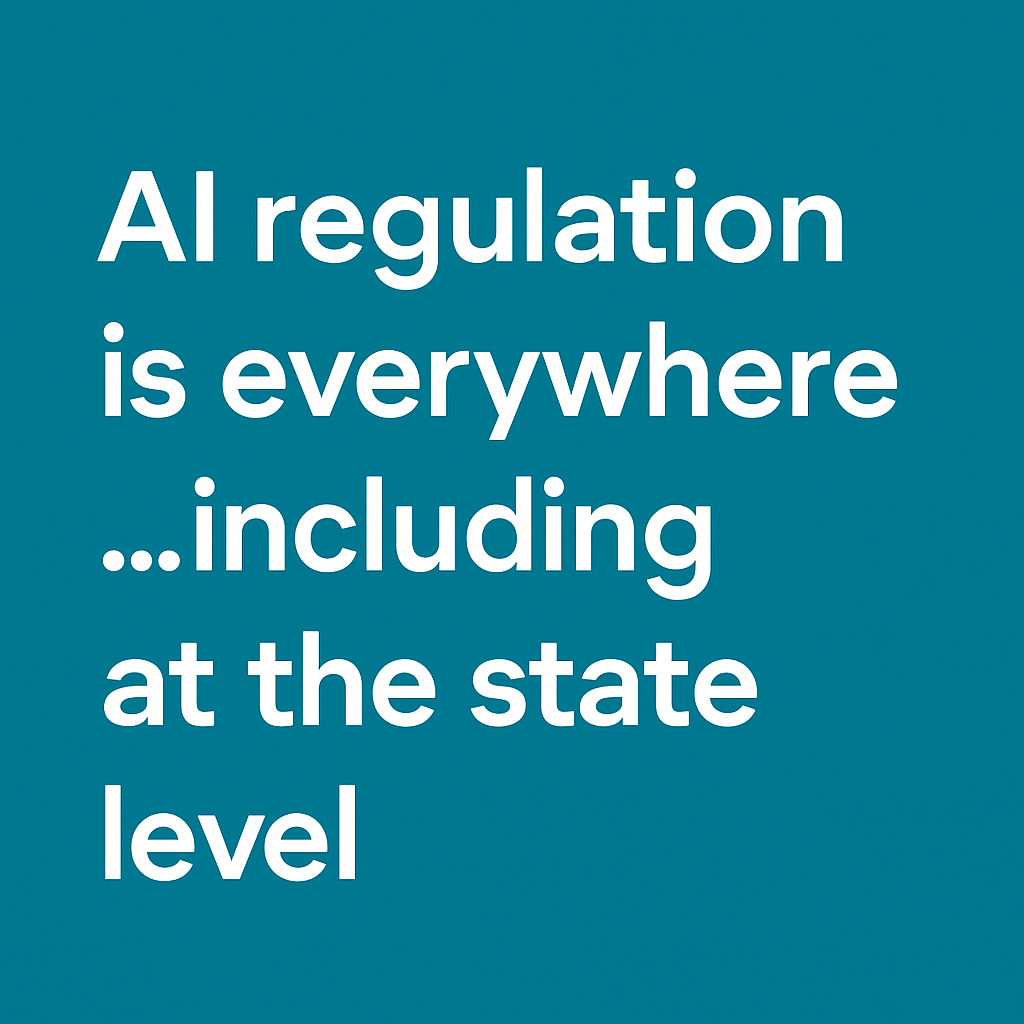As digital transformations accelerate, industries worldwide are looking towards artificial intelligence (AI) as a significant asset in overcoming diverse business challenges. Among the most transformed domains is regulatory technology (RegTech), which encapsulates the use of advanced technologies to make regulatory processes more streamlined, cost-efficient, and robust. AI's myriad applications in RegTech are revolutionizing the landscape, with three specific areas standing out due to their compelling use cases: compliance monitoring, risk management, and regulatory reporting. In this article, we’ll examine the applications of AI in each area with a focus on financial services to illustrate some prospective benefits of AI.
Compliance monitoring
Regulatory compliance is a significant concern for businesses in a world replete with stringent and evolving regulations. Regulators and governments across the world require that financial institutions monitor transactions for anti-money laundering (AML), sanction, and fraud concerns. Historically, banks hired large back-office teams to monitor transactions, but the long history of enforcement actions against financial institutions illustrates the limitations of human oversight of compliance monitoring. However, AI poses a potentially robust solution for compliance monitoring, where it can serve as an intelligent guardian, continuously overseeing business operations.
For instance, SaaS AI technology companies offer products that build complex models of customer payment behavior to flag potential high-risk transactions on a real-time basis. The AI models can be customized to operate from preset rules or to allow for deep learning to find patterns that were previously undetectable to humans. In real-time, the model consumes hundreds or even thousands of data points about a transaction to then decide to release or hold a transaction until a bank employee can review it. The time and mental bandwidth of compliance professionals at financial institutions are thereby freed to focus on the more nuanced and highest risk transactions because AI handles the routine flow. AI systems are in a great position to handle compliance monitoring because the system never loses focus, does not make the type of careless mistakes humans do, and does not need breaks so customers can get a consistent payment experience.
Risk management
Risk management in any business is an uphill battle. It demands a proactive approach to foresee, evaluate, and mitigate risks. In this context, AI has emerged as a critical player, transforming risk management from a reactive function into a proactive strategy.
AI's potential in risk management can be best exemplified by considering insurance companies. Insurance is an industry inherently riddled with risks. AI, with its machine learning capabilities, can analyze vast volumes of historical and real-time data to identify patterns and predict possible risks. Human ability to incorporate data into risk management models is highly limited, but AI can be trained to incorporate essentially any data regardless of whether it is structured or unstructured. When used correctly, AI can identify fraudulent claims, predict claim patterns, and anticipate market risks making insurance companies more efficient. The ability of AI to predict and mitigate risks significantly enhances the company's resilience, contributing to long-term sustainability. Insurance companies using AI can offer customized products to fit the risk profile of each customer and therefore decrease overall risk.
Download the ebook → AI insights survey: Adopters, skeptics, and why it matters.
Regulatory reporting
Regulatory reporting is a vital part of any compliance program. It consists of communicating key information to regulatory bodies to demonstrate compliance with relevant rules and standards. Traditionally, regulatory reporting has been a manual, labor-intensive, and error-prone process. AI is helping to transform this function, automating data collection, analysis, and reporting, thereby increasing accuracy and efficiency. AI in regulatory reporting is particularly important within the financial services industry because financial institutions file reports to a variety of regulatory bodies. Revisions to regulatory frameworks, such as MIFID II and the Monetary Authority of Singapore Notice 610, have increased data requirements.
While oversight is critical before submitting regulatory reports, using AI, a financial institution can automate the reporting process, reducing human intervention significantly. AI systems can not only collect and validate data but also prepare comprehensive reports. As an example, a recent proof of concept created by a consulting company implemented a natural language processing (NLP) model for responding to regulatory queries. The AI system interpreted queries into technical requirements to then write code to pull the required data. AI can help ensure that these reports are compliant with different regulatory norms, further eliminating the risk of non-compliance penalties.
Moreover, AI can leverage predictive analytics in regulatory reporting. Using historical data, AI can help predict potential issues or violations before they occur, enabling businesses to rectify them in advance. Thus, regulatory reporting can shift from a retrospective activity to a prospective, preventive measure, transforming the regulatory compliance paradigm.
Of course, AI does have its challenges. AI must be created and managed by humans, and models and processes should be transparent and explainable. Humans need to manage the data being used by the AI and address other operational and ethical challenges that we will discuss in future blogs.
Conclusion: the benefits of AI in RegTech
The intersection of AI and RegTech signifies a transformative shift in regulatory compliance. By integrating AI into compliance monitoring, risk management, and regulatory reporting, businesses can reap substantial benefits including:
- Improved human efficiency because AI automates basic functions.
- Increased accuracy because AI does not make careless errors.
- Reduced risk because AI incorporates more data into decisions.
- Superior pattern recognition because AI can identify relationships undetectable to humans.
- Decreased cost because oversight of AI takes less headcount than completing a function that AI can automate.
While we have focused on three key applications, the AI-RegTech realm is vast, dynamic, and holds immense potential. As AI technologies continue to advance, their applications in RegTech will further expand, offering even more innovative solutions for businesses grappling with complex regulatory challenges.
In the swiftly changing regulatory environment, financial institutions that effectively harness AI's power will be better equipped to navigate regulatory complexities and respond to compliance requirements. The future of regulatory compliance lies in the synergistic melding of AI and RegTech, promising a landscape where compliance could become less of a burden and more of a strategic advantage, driving growth and fostering innovation. It's a future where challenges transform into opportunities, and regulatory compliance becomes a proactive, predictive, and precise process—thanks to the power of AI.
The opinions provided are those of the author and not necessarily those of Fidelity Investments or its affiliates. Fidelity does not assume any duty to update any of the information. Fidelity and any other third parties are independent entities and not affiliated. Mentioning them does not suggest a recommendation or endorsement by Fidelity.
1109251.1.0




-1.png)

